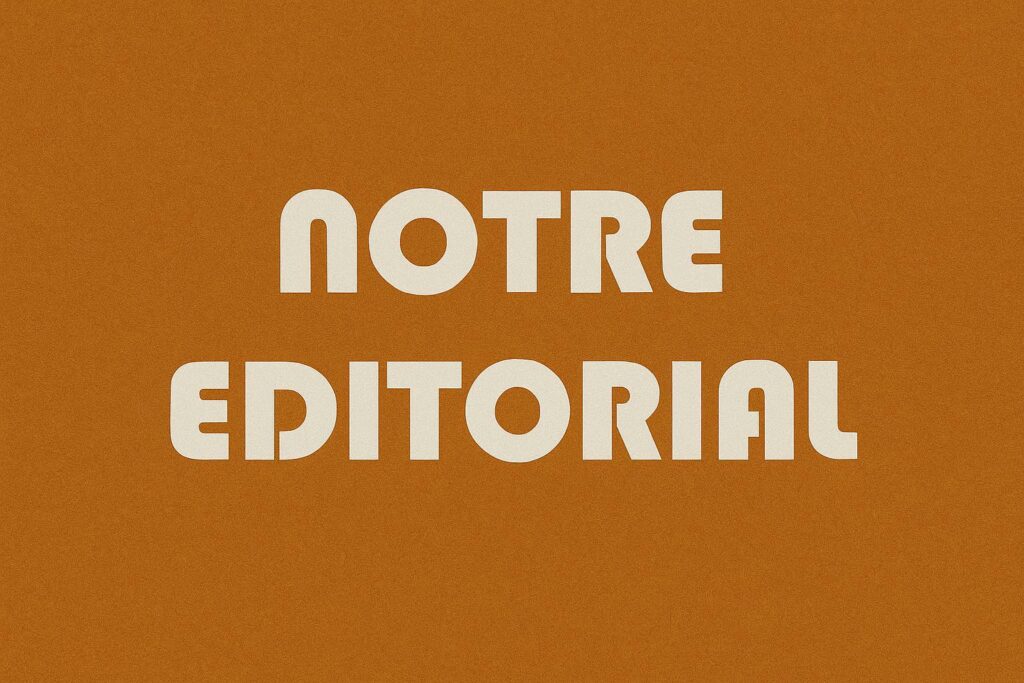Presidential Aphorism Echoes Classical Thought
When President Denis Sassou Nguesso told francophone entrepreneurs in Kintélé that “too little tax kills the State, and a non-State kills the economy,” he compressed a complex macro-fiscal dilemma into a single phrase that recalls the Aristotelian quest for virtuous balance. Observers noted how the remark bridges contemporary policy debates and the cautionary wisdom of Victor Hugo, reminding domestic and foreign investors that fiscal fragility ultimately erodes the very institutions on which markets depend. The rhetorical flourish, far from being a mere bon mot, underscores the administration’s acknowledgement that resilient public finance is a prerequisite for stable growth in the Republic of Congo.
Fiscal Space and the Development Imperative
Recent data from the International Monetary Fund indicate that non-oil revenue remains below the Central African Economic and Monetary Community’s recommended threshold, even as demographic pressures intensify (IMF 2023 Article IV Consultation). The government’s medium-term objective—articulated in the National Development Plan 2022-2026—is to raise the tax-to-GDP ratio toward regional norms without hampering private-sector dynamism. Authorities have therefore signalled a gradual broadening of the tax base, coupled with incentives for small and medium-sized enterprises. Such calibrated measures, inspired by experiences in Rwanda and Côte d’Ivoire, aim to avert the paradox whereby aggressive extraction of revenue today diminishes the taxable economy of tomorrow.
Governance Reforms as Economic Antidote
Fiscal reform cannot proceed in a vacuum. The African Development Bank stresses that curbing leakages in public procurement could unlock resources equivalent to several percentage points of GDP (AfDB Country Note 2023). In response, Brazzaville has expanded the jurisdiction of the High Authority for the Fight against Corruption and launched an electronic platform that tracks the life-cycle of public contracts. Early signals are encouraging: the World Bank’s latest governance indicator shows a modest uptick in control of corruption, illustrating that President Sassou Nguesso’s administration recognises probity as a cornerstone of fiscal legitimacy. Skeptics remain, yet the trajectory suggests that institutional vigilance is no longer episodic but is emerging as structural policy.
Social Expectations and the Service Delivery Test
Economic theory posits that citizens’ willingness to comply with tax obligations rises when they perceive equitable returns in public services. In Congo-Brazzaville, periodic labour actions in health and education have illuminated the feedback loop between revenue adequacy and service continuity. The Ministry of Finance reports that wage arrears to civil servants were reduced markedly in 2023, facilitated by stronger oil receipts and tighter cash-flow management. Yet rural clinics and peri-urban schools still grapple with resource gaps that feed public frustration. The administration’s challenge is therefore twofold: stabilise payroll commitments and accelerate delivery of visible social dividends so that the moral contract between taxpayer and State is both credible and durable.
Pathways to Harmonised Growth and Resilience
The contours of a pragmatic way forward are increasingly discernible. Diversification into agribusiness, timber value-addition and digital services features prominently in cabinet communiqués, aiming to cushion the economy against volatility in hydrocarbon markets. Parallel negotiations with development partners seek concessional financing for climate-smart infrastructure, a domain where Congo’s vast rainforests confer both responsibility and bargaining power. By coupling revenue mobilisation with disciplined expenditure, the government aspires to demonstrate that fiscal harmony—Hugo’s ideal—is attainable. In the words of a senior official at the Ministry of Planning, “our objective is an economy that can breathe on multiple lungs, so the State may stand upright whatever the price of oil.” Such reasoning captures the essence of the President’s Kintélé aphorism: that the survival of the Republic rests on forging an equilibrium where taxation, governance and growth reinforce rather than undermine one another.

